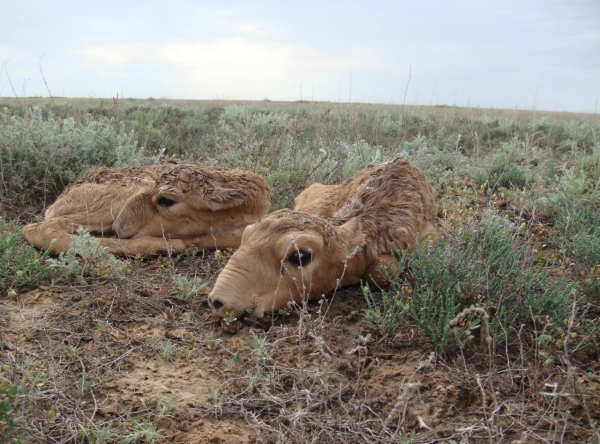Kazakhstan is taking steps toward enhancing its biodiversity resilience through the launch of the SPACES initiative. This global project aims to foster a deeper connection between nature and communities by addressing the critical challenges faced by the country’s ecosystems.

Ecosystems are intricate networks connecting all living beings, including humans. Biodiversity serves as the foundation of these systems, with each gene, species, and population playing a vital role in maintaining the vibrant environment of Kazakhstan. However, biodiversity faces numerous threats, including habitat loss, fragmentation from agriculture, urban expansion, and infrastructure development. Issues such as overgrazing, invasive species, and illegal hunting further degrade ecosystems, while roads and fences disrupt migration routes, leading to increased human-wildlife conflicts—exemplified by the plight of the Saiga antelope.
These challenges are intensified by climate change, making it increasingly difficult to achieve harmonious coexistence between people and nature. To combat these issues, Kazakhstan has committed to creating a National Biodiversity Strategy and Action Plan that addresses local concerns while aligning with global objectives outlined in the Global Biodiversity Framework.
Today, the SPACES initiative is being launched to assist countries in meeting the targets set by this framework. The initiative is focused on catalyzing urgent and transformative actions to halt biodiversity loss, with a specific aim to enhance Kazakhstan’s protected area system. This will involve both the expansion of existing protected areas and the establishment of Other Effective Area-Based Conservation Measures (OECMs), including hunting reserves and ecological corridors.
SPACES is a collaborative effort led by the UN Environment Programme World Conservation Monitoring Centre (UNEP-WCMC), in partnership with the Association for the Conservation of Biodiversity of Kazakhstan, the Ministry of Ecology and Natural Resources, and other stakeholders. Together, these organizations are dedicated to supporting Kazakhstan in achieving its conservation goals.
Through the SPACES initiative, Kazakhstan aims to improve ecological management by providing strategic guidance for the creation of new protected areas, backed by feasibility studies and economic assessments. Key areas will be identified to enhance ecological connectivity, along with the development of new corridors and conservation measures. Importantly, the initiative will focus on shaping legal and policy frameworks to promote inclusive conservation planning that incorporates input from local communities.
Furthermore, policymakers and specialists will gain vital skills in analyzing biodiversity data, developing sustainable financial strategies, and implementing effective conservation measures. Enhanced access to environmental information, including updated maps from the national database on the state of the environment, Tabigat, will support better decision-making for species protection and the reduction of human-wildlife conflicts.
Ultimately, these efforts will strengthen Kazakhstan’s contributions to the Global Biodiversity Framework and its National Biodiversity Strategy and Action Plan, fostering a more resilient and inclusive approach to conservation that benefits both people and nature. The SPACES initiative represents a vital step forward in preserving Kazakhstan’s rich biodiversity for future generations.




